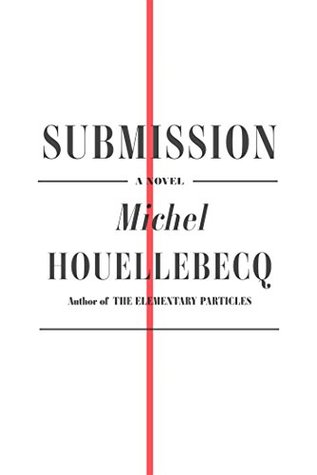distributism was an English economic theory espoused at the turn of the last century by G. K. Chesterton and Hilaire Belloc. It was meant as a “third way,” neither capitalism nor communism—a sort of state capitalism, if you like. Its central idea was to do away with the separation between capital and labor. For distributists, the basic economic unit was the family business; when in certain sectors consolidation became necessary, the government had to ensure that the workers remained the owners and managers of their own enterprise.
Welcome back. Just a moment while we sign you in to your Goodreads account.


